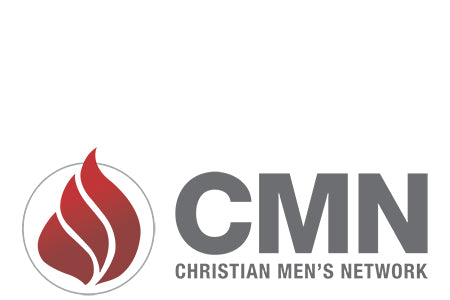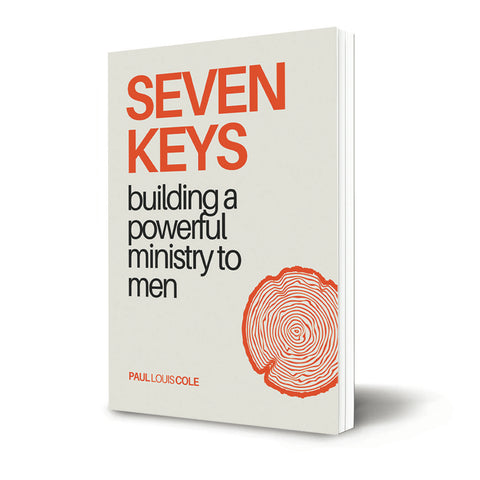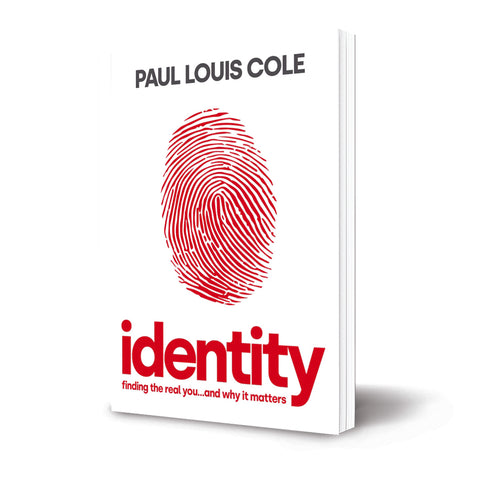In June 1865, Federal troops arrived in Galveston, Texas, in the last Confederate state. On June 19, Gen. Gordon Granger signed an order declaring, "All slaves are free." It was two and a half years after the emancipation proclamation – and there were still 250,000 slaves in Texas.
The final act of freeing slaves in America was completed. June 19 became an unofficial family holiday for thousands of black Americans across Texas and the nation.
Ottis Flake was a man who worked for the railroad in Texas in 1939. After years of saving, he and his family purchased a home on East Annie St. in south Fort Worth. Immediately, in the first couple of days, his white neighbors reacted negatively to Ottis and his family – Ottis was black. On June 19, 1939, a racist mob set fire to Ottis’s house. Ottis grabbed his family and barely escaped the flames with their lives.
Ottis’s 12-year-old daughter Opal was traumatized, yet against all odds, she finished high school, went to college at North Texas State, and became an educator. Celebrating June 19 now had huge meaning for Opal – June 19, 1939, and 1865. She wrote articles about it, shared them in letters to other educators, and organized backyard celebrations across the state.
In the 70s, Opal Lee organized city-wide “Juneteenth” celebrations in Fort Worth that drew tens of thousands for three-day festivals. In 1980 Texas made June 19 a state holiday. Juneteenth had become a movement. Opal Lee continued her push for a national Juneteenth celebration culminating with the 2021 declaration of Juneteenth as an American holiday.
It is the commonality of story and unity of narrative that builds community.
Shared stories bring people together in heart and spirit, creating a community of goodwill and brotherhood. Different stories mark different communities – for some, it’s Cinco de Mayo, for others Hannukah or Bastille day or Ash Wednesday – all of them important and significant to that community.
Those stories of our family and community bind us together. They are the context of hundreds of people who have gone before us.
Our lives are formed by the generations of those who have gone before us.
There is one level that is deeper than community – that’s family. While our lives have been formed in the context of thousands ... we are family because of the incarnation of one. As followers of Jesus Christ, we have been born into the family of God. It is not only a commonality of story – it is a commonality of DNA.
Our story comes from His story. He is our hope, our life, our story.
As we celebrate freedom today, let us thank the Lord for His freedom. The foundation for the freedom of all men in every nation comes from the sacrifice of one man on a cross in Jerusalem.
May the Lord grant us the tenacity, strength, wisdom, and perseverance to see that day when all men are free. When the gospel has reached every man in every nation, when the love of Christ shines on every unwanted child when millions of dads rise up as faithful men of God. That’s our vision.
We change the world by bringing the freedom of Jesus to one man at a time.
Juneteenth and Freedom





